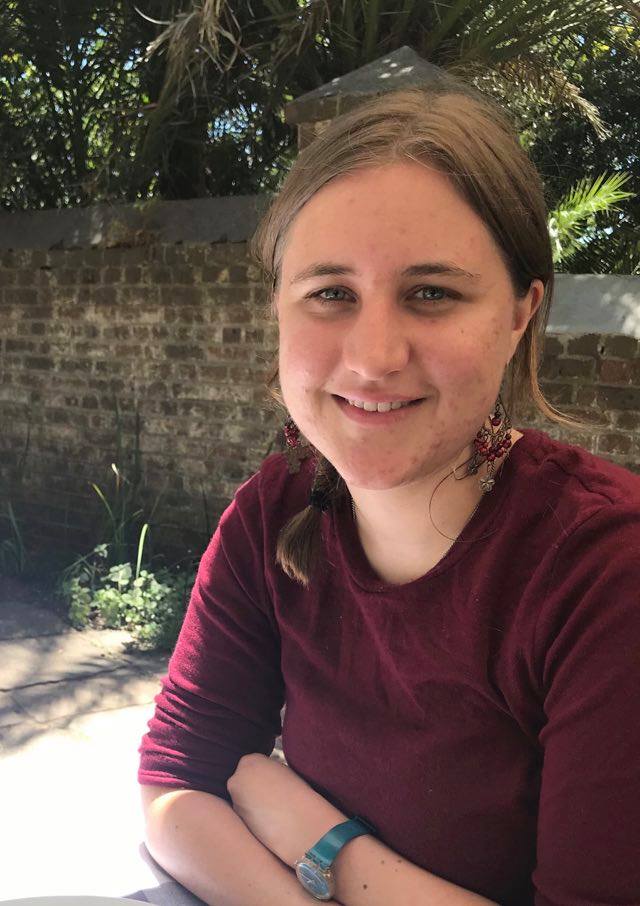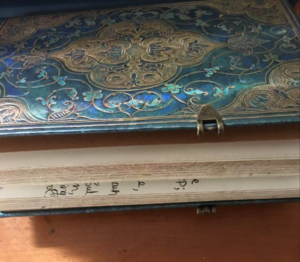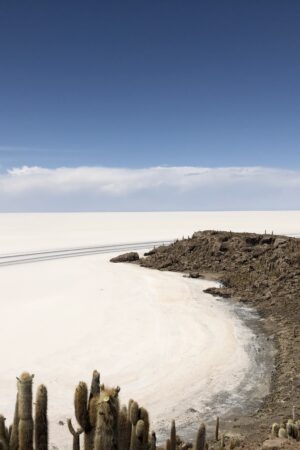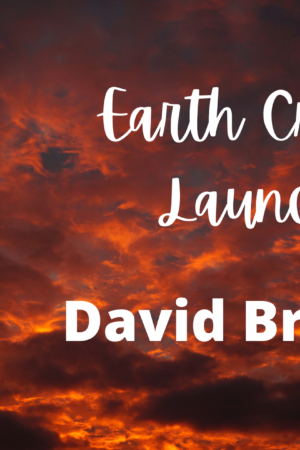Q&A with ‘Earth-Cry’ author Hannah Roux

Hannah is a poetry writer, studying English literature at Sydney University. She believes that the world is sacred, and it is our human duty to preserve and guard it as its stewards. The poems she has submitted in this years anthology are about that duty.
Her poetry ‘Earth-cry’ and ‘Earth Sonnets’ are two beautifully written stories of our planet, and our relationship with nature.
What is your poetry about?
While I was editing my poems for this anthology, I was thinking about the beauty of the natural world. I’ve always loved Romantic poetry about nature – and about the strange, queer contrast of that beauty, and the reverence for nature in traditional art with our (sometimes, my) selfish disregard for it. I was thinking, then, about the hypocrisy involved in both enjoying nature poetry, and living as it is now almost impossible not to live – in the process of destroying the natural world. The sonnet form in ‘Earth-Sonnets’ and the references to the love poetry of Song of Songs in ‘Earth-Cry’ are part of an attempt to evoke the contrast between our tender feelings about the natural world and our planet, and the things we do to it. I was trying to imagine the possibility of relating to the earth differently – as one might relate to a person, with whom one is in love, in ‘Earth-Cry.’
Have you always wanted to write? When did you first realise you like writing?
I wrote my first (very bad) sonnet when I was twelve, for a class project. This wasn’t the occasion on which I first wrote a poem, but it was the occasion on which I was first praised for my writing – something I remember as being both acutely embarrassing and incredibly thrilling. When people tell you that you’re good at writing, I think the natural response is to do more of it. Not, ‘I write; therefore I am a writer,’ but ‘I am a good writer; therefore I write!’ Eventually, practice improves your technique, your writing improves, and the whole thing happens over again. For this reason, I attribute how much I enjoy writing now entirely to others. I can’t say how it happened, or when. It’s a matter of luck, or grace – but I cannot imagine my life without it.

What does your writing space look like?
I don’t have a dedicated writing space; I write everywhere and anywhere (in bed, on the train, on the sofa, while eating breakfast, surreptitiously just before beginning a shift at work, and on lampposts on my walks home from the train station). I keep a bullet journal, which is supposed to be a diary/to do list book, but always devolves into a writing book. (I have now accepted this as inevitable.) I write down poems I like, and am getting inspiration from, and brainstorm, and feel free to write anything, especially things that aren’t mine, and never will be – the picture attached shows my bullet journal from 2020.
Where did you get your idea for your piece? What inspired you?
I wrote the first draft of ‘Earth-Sonnets’ a few years ago now, and at the time I didn’t have a clue what the poems were about. I filed them under ‘Sonnet Exercises,’ because that’s what I’d been trying to do – write a series of sonnets, about anything, a kind of ‘nonsense’ verse – a poetic ‘exercise.’ I promptly forgot about them. Returning to them in early 2020, with the recent Schools Strike for Climate on my mind, I realised – very belatedly – what they were really about, and I edited them with that in mind. This kind of thing happens to me much more often than I care to admit.
I wrote ‘Earth-Cry’ specifically for the 2021 anthology. I received an email about it, saying the theme for this year would be climate change, and I felt immediately that I should submit something. I sat down at my desk and said to myself: ‘I am going to write a poem about climate change.’ The psalm in the liturgy that day had been Psalm 69, and I had just finished praying it. Floods and fire were on my mind – this was shortly after the summer bushfires, and the flash flooding that followed in Sydney. I wrote verse 2 from Psalm 69 out as an epigraph, at the top of a blank page. That was the first and only conscious decision I made; the rest of the poem came along rapidly afterward, without any interference from me at all – which is probably for the best.
What, if any, experiences have you had relating to climate change?
The bushfires in Australia at the end of 2019 and the beginning of 2020 come immediately to mind, though my experience of them was among those of privileged city-dwellers, watching on the news and breathing smoky air. That experience, such as it was, was almost all second-hand. An image that has stuck with me from that time is the sight of the shoreline, months later, on Sydney’s north coast, where ash was still staining the sand with dark lines at the tideline.
Why is climate change important to you?
I’m a Christian. In Christian theology, the earth is considered a God’s gift, not something humans possess. To destroy the earth is like trashing a rented house. When the time for the property inspection comes, the landlord will be angry that you have not treated her property well. ‘I trusted you,’ she might say, ‘to care for this place as if it was your own, and you have destroyed it.’ This is, I think, what it means to say that we are ‘stewards’ of the Earth.
What did you learn while writing your piece?
‘Earth-Cry’ was the first poem I’ve managed to write ‘on purpose’ to a particular theme. Poetry usually appeals because I can dart, butterfly-like, from one project to the next, as the whim takes me, and work it all out as I go. This is okay, but good writing requires craft – practice and discipline, and being able to write to a timeframe. I learned, writing ‘Earth-Cry’ that I could do that. This has helped me enormously in the months since.
Earth Cries is a climate change anthology dedicated to a world burning. Tackling all aspects of climate change, Earth Cries is bold in exploring the damage caused by the Black Summer bushfires and even in imagining cold futures drowning below the ever rising sea. Featuring a foreword by Dr Karl Kruszelnicki, Earth Cries is now available at sydneyuniversitypress.com.au.
 Previous Post
Previous Post Next Post
Next Post